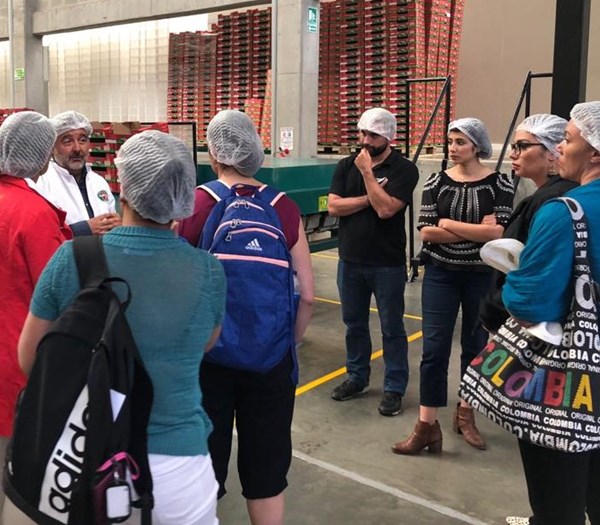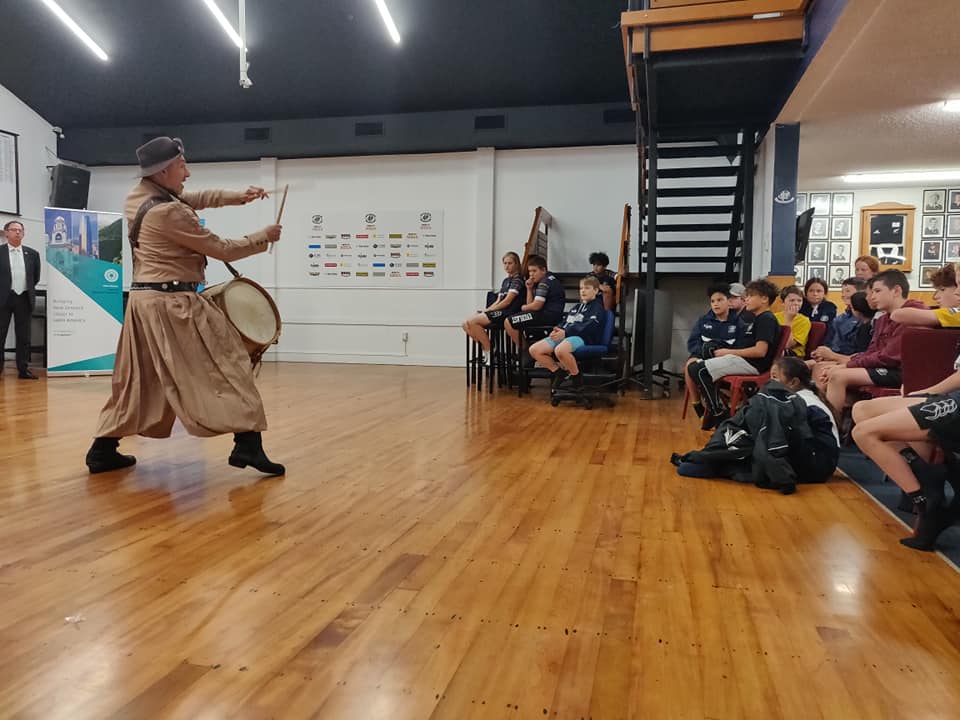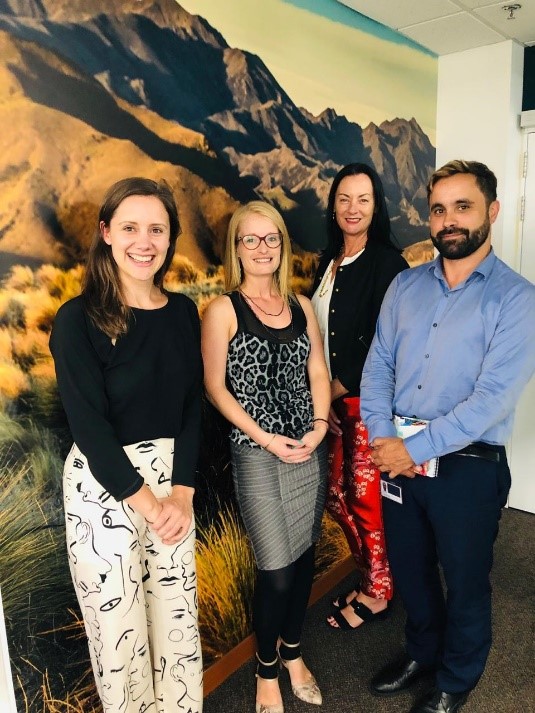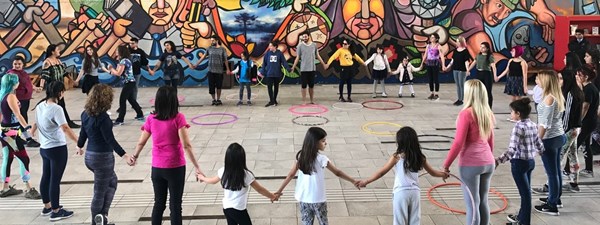The Latin America CAPE partnered with the Ministry for Primary Industries to send an inaugural Primary Industry Women’s Leadership delegation to Colombia in November 2018. The seven-strong delegation of established and emerging women leaders, five of whom were Māori, came from across New Zealand and from government, universities, a Māori Trust Board and iwi.
The visit was an opportunity for the delegates to gain an understanding of the challenges facing women and small farmers, and of the supply chains in the Colombian agriculture and horticulture sectors. The participants took these insights back to apply in their own professional lives and communities around New Zealand.
Organisations visited in the rural areas surrounding the capital Bogotá included local government, a small dairy farm, a large farm using a New Zealand farm system running KiwiCross cows, and a cheese manufacturer developing its branding and marketing. This aspect of the visit complemented the New Zealand government’s collaboration with the Colombian government, in the New Zealand/Colombia Dairy Value Chain Project, which aims to improve the productivity of small and medium dairy farms in the “high tropical” climates, by adapting our pasture-based dairy model to local conditions.
Moving to a horticulture supply chain focus in Colombia’s commercial hub, Medellín, and the surrounding agricultural powerhouse province of Antioquia, the delegation visited both an avocado orchard and commercial pack house, showing how they are developing their systems. A visit to Agrosavia – the New Zealand AgResearch equivalent – provided the chance to learn about biosecurity, soil, genetics, and a range of tropical fruit. These engagements combined well with promising new commercial links that New Zealand is developing with Colombia’s thriving avocado industry, including the application of New Zealand fruit-sorting technology for export purposes.

The main event in Bogotá was a day-long workshop “Colombia and New Zealand Rural Women in the Primary Sectors”, held at New Zealand Ambassador Lucy Duncan’s residence. Colombian participants ranged from indigenous women farmers involved in the Colombia/New Zealand Dairy Value Chain Project, to women in agri-sector industry organisations, government agriculture officials, and university professors with specialisation in the empowerment of women and indigenous leaders. Panel discussions focused on our respective countries' histories, land tenure, and women’s leadership, creating mutual understanding while comparing common perspectives, challenges, and experiences.
A highlight of the workshop was the discussion amongst the Colombians themselves – a diverse group of women who had not met before yet found they shared much in common. The practical experience – challenges and triumphs - shared by the New Zealand delegation drew out practical examples in the Colombians’ own experience. With every voice in the room valued equally, they spoke of what needed to happen to improve well-being and prosperity at personal, family, and industry levels.

On the final night, the delegation had dinner in Medellín with New Zealand Prime Minister’s Scholars for Latin America and interns from Latin America CAPE/University of Auckland cultural industries internship programme. For Māori members of the delegation, it provided an opportunity to quiz the scholars which sparked ideas of who in their own trbies and communities might want to apply for future programmes in Latin America.
Further information and people-exchange opportunities with Colombia are now being explored by the New Zealand government. Participants are also sharing their experience within their own communities and helping to increase awareness of the Latin American region. This trip was just the start.
This story was contributed by Keri Iti with the New Zealand Ministry for Primary Industries.


